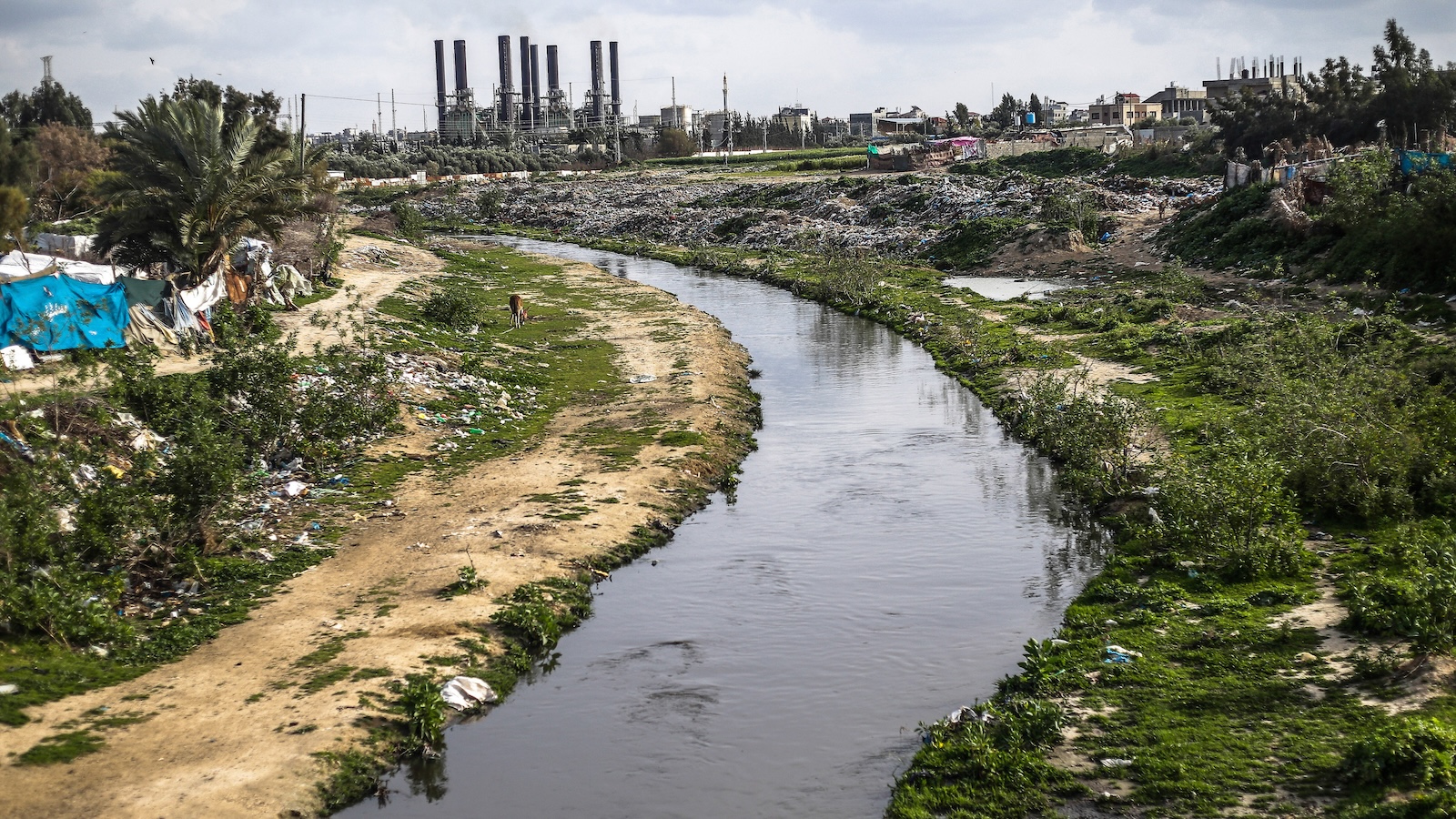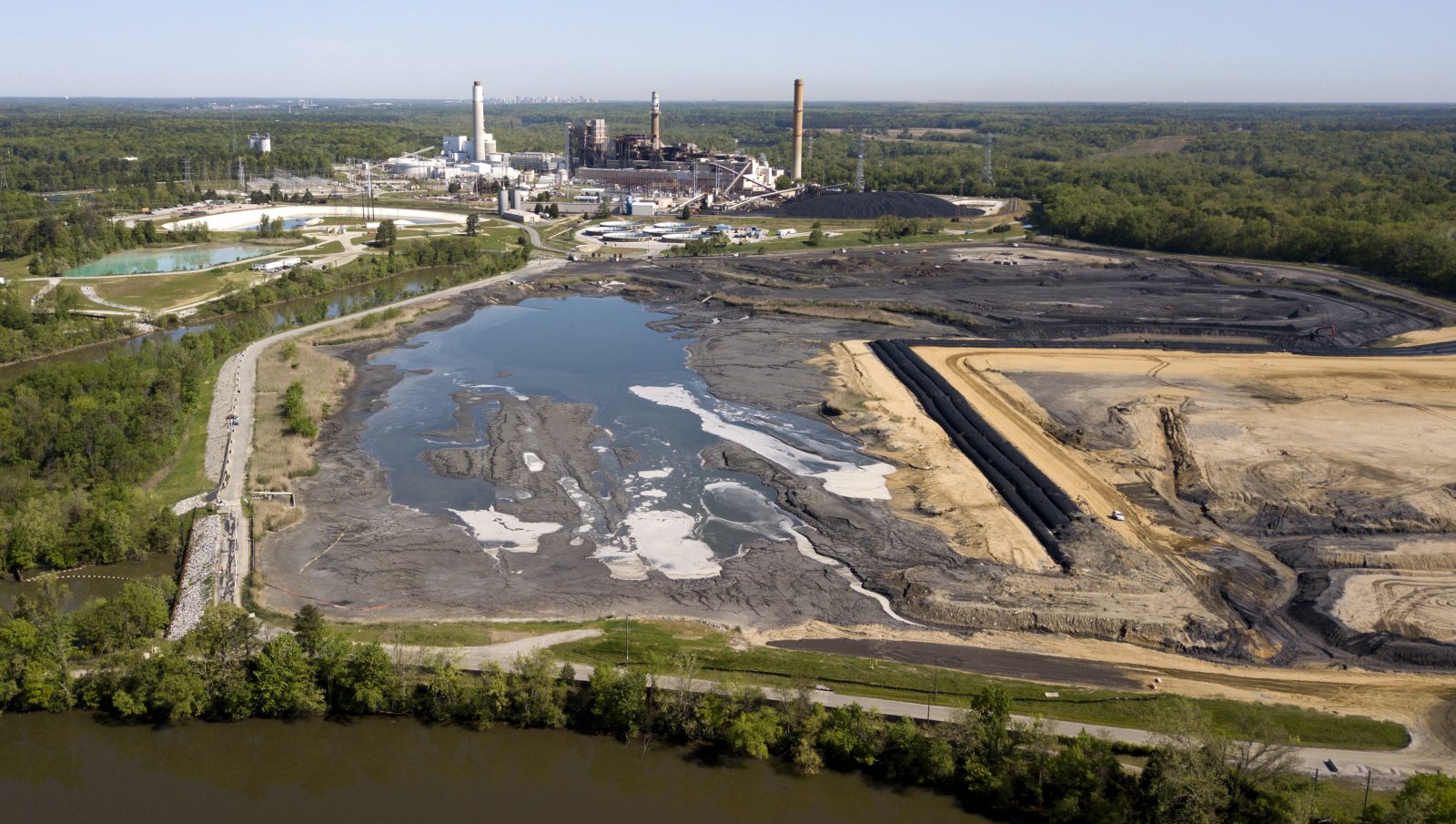Now Reading: Israeli and Palestinian Environmentalists Unite to Protect Shared Water Resources
-
01
Israeli and Palestinian Environmentalists Unite to Protect Shared Water Resources
Israeli and Palestinian Environmentalists Unite to Protect Shared Water Resources

Quick Summary:
- Wadi Gaza Environmental Crisis: Wadi Gaza, historically a natural preserve and vital bird migration site, is heavily polluted due to debris, wastewater, corpses, ammunition, and explosives after 18 months of war.
- Water Scarcity in Region: Both Israel and Palestine face severe water scarcity worsened by overpumping (seawater intrusion in Gaza) and warming rates twice the global average. Israel relies on desalination for 80% of its drinking water.
- Transboundary cooperation: Groups like EcoPeace Middle East, Arava Institute for Environmental Studies, and A Land For all advocate cross-border collaboration for resource management despite political polarization.
- Health Challenges Tied to Water contamination: Shared water-related health issues (e.g.,antibiotic-resistant infections) underscore interdependent destinies between Israelis and Palestinians. Prior efforts brought wastewater treatment plants to Gaza but were damaged amidst conflict.
- Environmental Peace Efforts Persist: Activists from both sides continue promoting enduring progress through educational programs while facing opposition from polarized factions. Proposed initiatives include renewable energy projects and infrastructure expansion.
Indian Opinion Analysis:
The environmental crisis highlighted in this report reveals urgent challenges with far-reaching consequences beyond the localities directly impacted. The destruction of shared natural resources like Wadi Gaza not only exacerbates ecological degradation but deepens health issues across borders-a clear demonstration of how interconnected human lives are within fragile ecosystems. The cross-border activism spearheaded by organizations such as EcoPeace appears as an optimistic counterpoint amidst recurring geopolitical strife.
For India, this is a reminder that environmental protection is intrinsically linked with peacebuilding-neglecting either risks cascading impacts on shared regional ecosystems here too (e.g.,Himalayan watersheds or polluted rivers crossing borders). Furthermore, educational initiatives driving collaboration can provide valuable insight into fostering bilateral cooperation despite existing tensions elsewhere globally-including South Asia.
Read More at Grist.
























